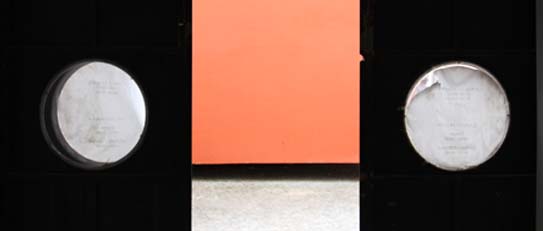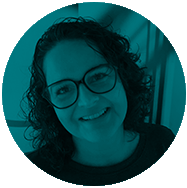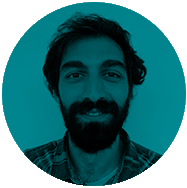Overview
COORDINATION: Graça Capinha and Paula Abreu
Lectured in partnership with the Faculty of Arts and Humanities and the Faculty of Economics of UC, this course fully inscribes itself in the mission of both the involved institutions: the construction of knowledge pertaining to the human being, in time and space, to memory, to languages and discourses, to their respective social uses and their political dimension, including a continuous reflection on the constitution, possibilities and limits of that knowledge, in the framework of new epistemological and institutional relationships.
Bringing together the accumulated experience over the successive editions of the programme “Languages and Heterodoxies: History, Poetics and Social Practices”, of which this is a new reformulated and enriched version with the institutionalisation of the partnership with the area of Sociology of the Faculty of Economics, the current programme is based on a dialogue between cultures and fields of knowledge, as well as the internationalisation of research. It clearly benefits, in this respect, from the prestige of the Faculty of Arts and the Humanities, as well as from the excellency of its welcoming institution, the Centre for Social Studies – Associate Laboratory, of which most of the teaching staff is affiliated as researchers.
The doctoral programme Discourses: Culture, History and Society started in 2016/17 and was accredited by the Agência de Avaliação e Acreditação do Ensino Superior (Agency for Assessment and Accreditation of Higher Education - A3ES) in 2020 for a 6-year term. The programme is offered biennially, with a new programme edition every 2 year.

To foster and develop advanced knowledge, from an inter and transdisciplinary perspective, including the fields of Literary and Cultural Studies, Contemporary History, and Sociology of Culture, for an analysis applied to the observation and the reflection on the issue of discourses in its relation to contemporary practices. In the set of discourses and practices one develops poetry (poiein as doing) and socially, what we call “real”: history, art, identities, forms of power.
After the completion of the degree, students must have acquired extensive knowledge on specific issues of contemporaneity and the contemporary discursive practices, but above all they must have demonstrated their capacity to conduct an autonomous research on a topic approached from the transversality of complexity viewpoint.
Capability development to achieve and offer specialised knowledge to the community in the domains of Literary and Cultural Studies, Contemporary History and Sociology of Culture, namely regarding a) critical discourse analysis, b) critical recognition of representations of the past and of the present, c) reflection on social intervention and participation, and the practice of citizenship and, d) in general, the development of epistemological instruments for a reflection on the diverse aspects of the contemporaneity.

More than a PhD, CES was a major career change for me. In this community, I was welcomed and exposed to experiences that strengthened my critical thinking, awakened my curiosity and respect for knowledge beyond conventions. I relearned how to look at the world we live in.
Graziela Ares, all but dissertation (Brazil)

"This is a high quality Programme, offering both the appropriate theoretical tools to deal with the contemporary and the emancipatory perspectives in relation to its complexities. The PhD seminars allowed me to encounter different methods and aims in research, as well as to enrich my training and personal trajectory."
Mattia Faustini, all but dissertation (Italy)

